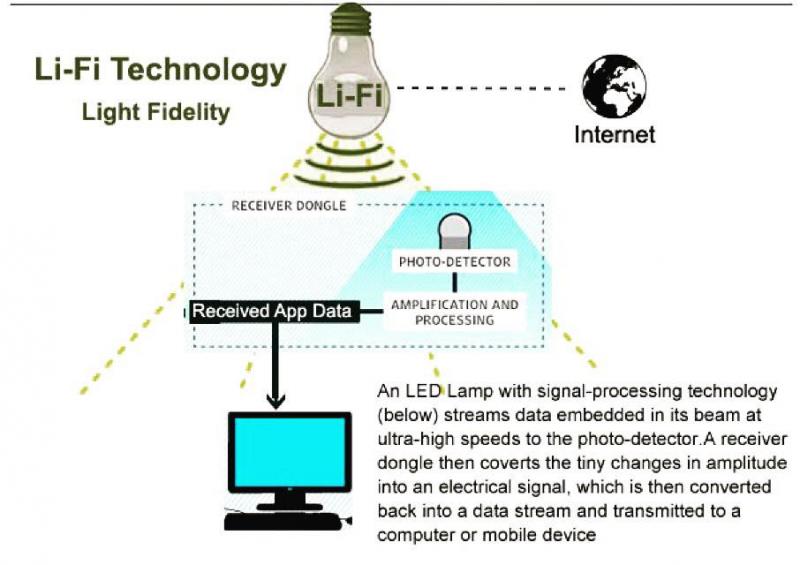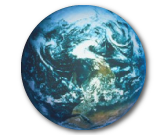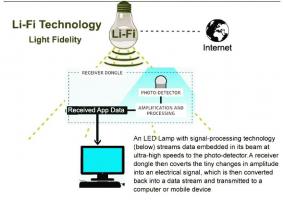Stamping your feet when there's no Wi-Fi access around? Professor Harald Hass wants to show you the light and free you from that Wi-Fi hunt with Li-Fi!
LiFi is the use of the visible light portion of the electromagnetic spectrum to transmit information at very high speeds. (100 times faster then Wi-Fi.) While Wi-Fi uses traditional radio frequency (RF) signals to transmit data. Sound good so far?
The term Li-Fi was coined by Professor Haas, who teaches at the University of Edinburgh in the UK, claims to be the inventor of Li-Fi. He is one pioneer using the term Li-Fi and refers to light based communications technology that delivers a high-speed, bidirectional networked, mobile communications in a similar manner manner to our tried, but not always true, Wi-Fi.
Professor Hass has been working on Ali-fi for years and introduced the concept in a Ted Global talk in 2011 before starting PureLife to help promote the technology.
Hass had a little competition though in laying claim to the title of Li-Fi inventor. A group of Chinese scientists at Shanghai's Fudan University also see themselves as inventors of the technology.
The actual general term visible light communication (VLC), dates back to the 1880s, and includes any use of the visible light portion of the electromagnetic spectrum to transmit information. The D-Light project at Edinburgh's Institute for Digital Communications was funded from January 2010 to January 2012.
Li-fi is 100 times cheaper then Wi-Fi as well as 100 times cheaper so as far as we're concern regardless of who invented it bring on the light and connect us up!


